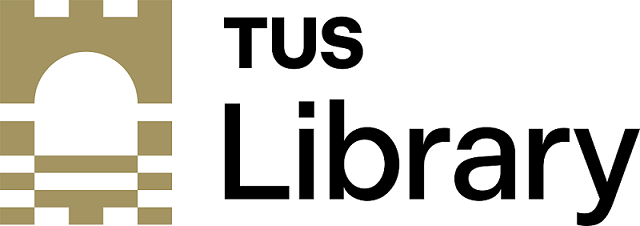The official scientific view of humans is we are just lumps of meat and consciousness is just a side effect of a ferment of activity in a certain part of any given lump of meat. And this picture has taken humanity a long way. But like all paradigms it must have its limits and the relationship between body and mind is where it runs into problems.
There is however an increasing body of evidence that indicates mind is not just activity in the meat we call our brain.
Kastrup [1] presents an overview of the filter theory of consciousness. Kastrup is not concerned with quantum physics but the filter theory is consistent with the requirements that Dossey cites theoretical physicists as claiming to be essential features of mind required by quantum physics. It may also be consistent with the notion that a complex 8 dimensional space time metric known as Complex Minkowski Space may offer some explanation of Psychic Phenomena [3].
While one must look to philosophy for possible explanations of consciousness, philosophical investigations must be constrained by observation to some extent and must explain the observation that normal mental experience is strongly correlated to brain state.
There is evidence that under unusual conditions this correlation breaks down which suggests either that the brain does not cause all mental experience, or, and Kastrup considers this more likely, that the brain is not the cause of mental states.
The filter theory of consciousness explains not only why mental events are normally correlated with neural activity but also helps explain those times where mental activity seems to be independent of the brain and indeed of space time.
This is consistent with a view this author has held for a long time, that the brain is an interface used by the mind to drive the body, a notion consistent with the apparent hijacking of subjects's free will by using electrodes connected to the brain to control a subject's muscles contrary to their will: such an experiment is like remotely controlling a car that is normally under driver control.
More Information































